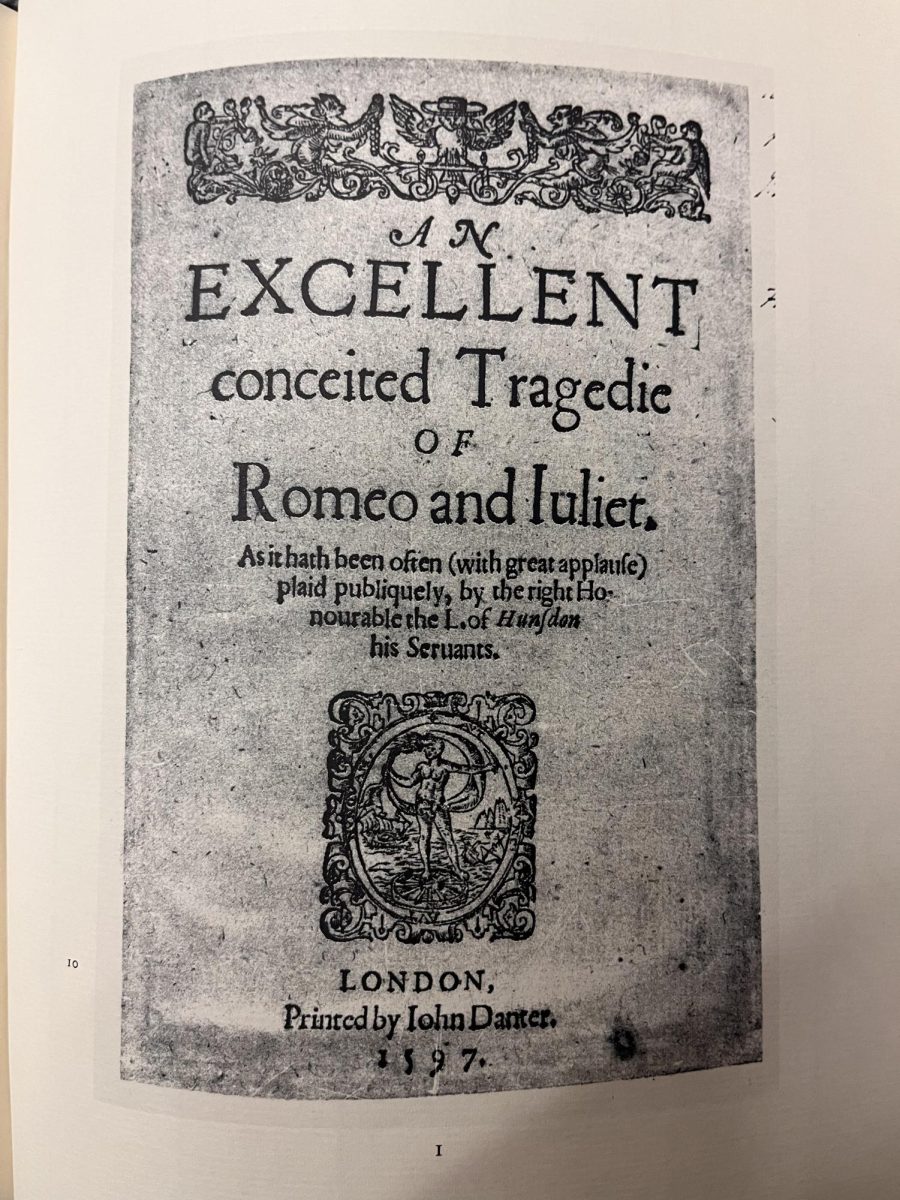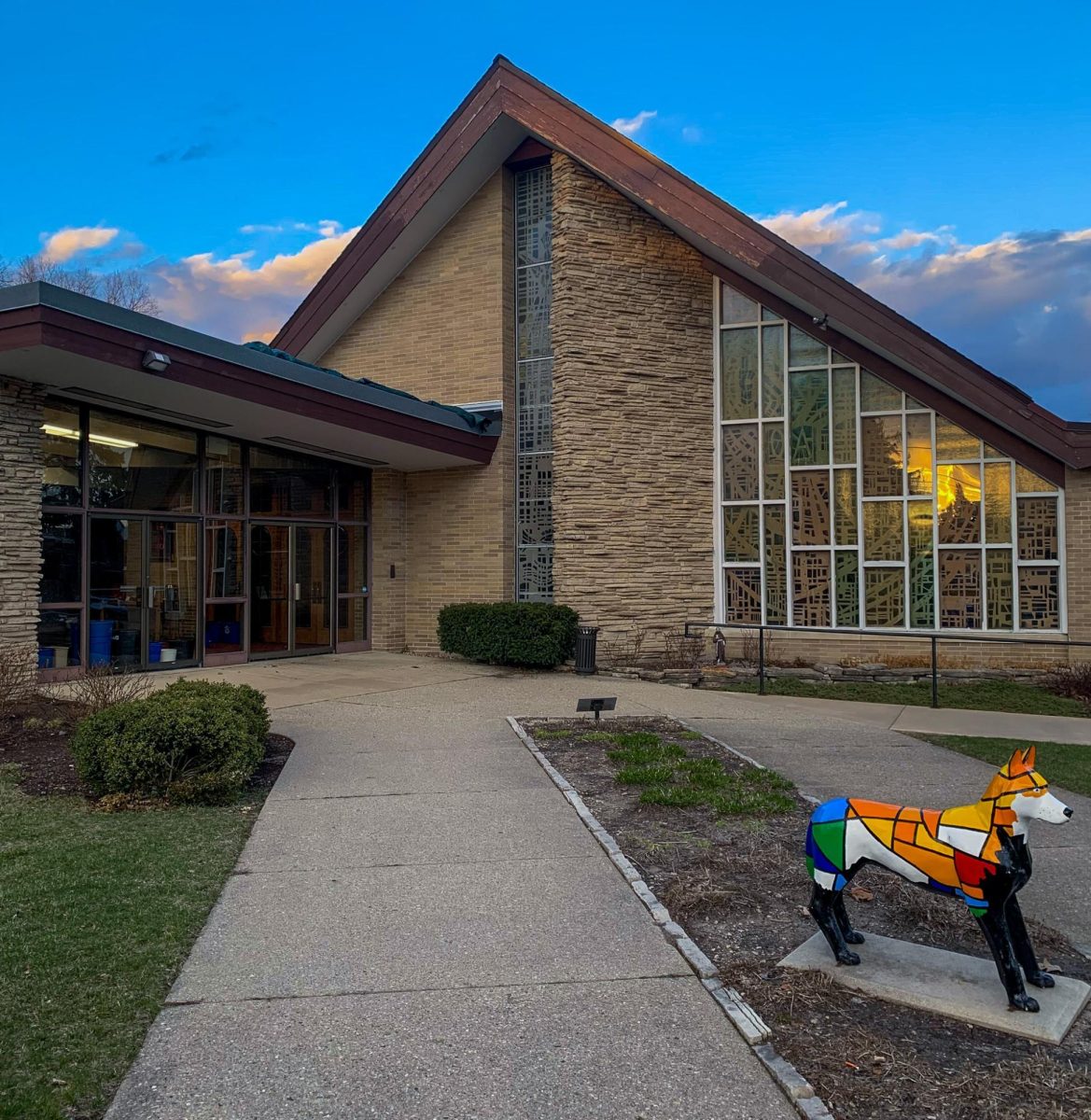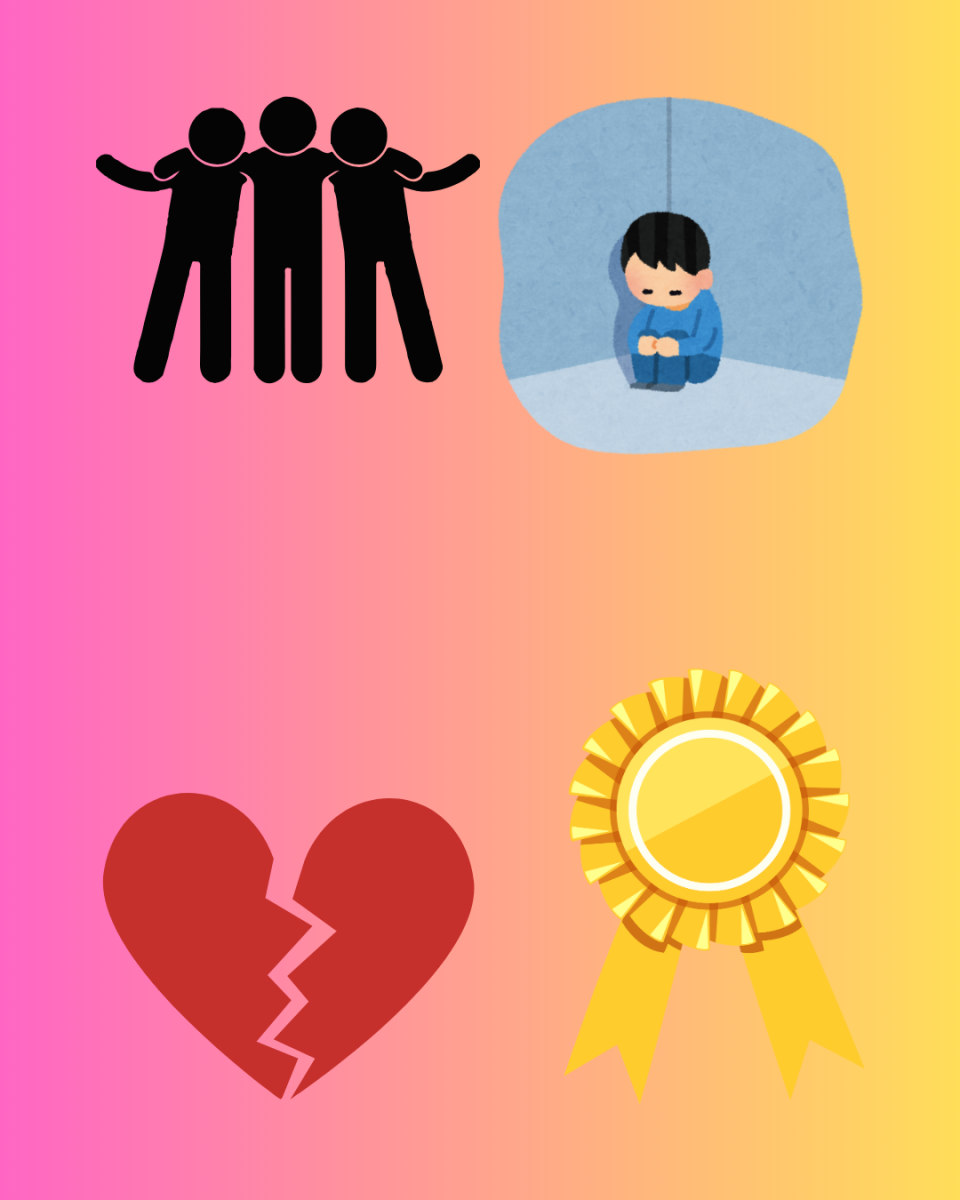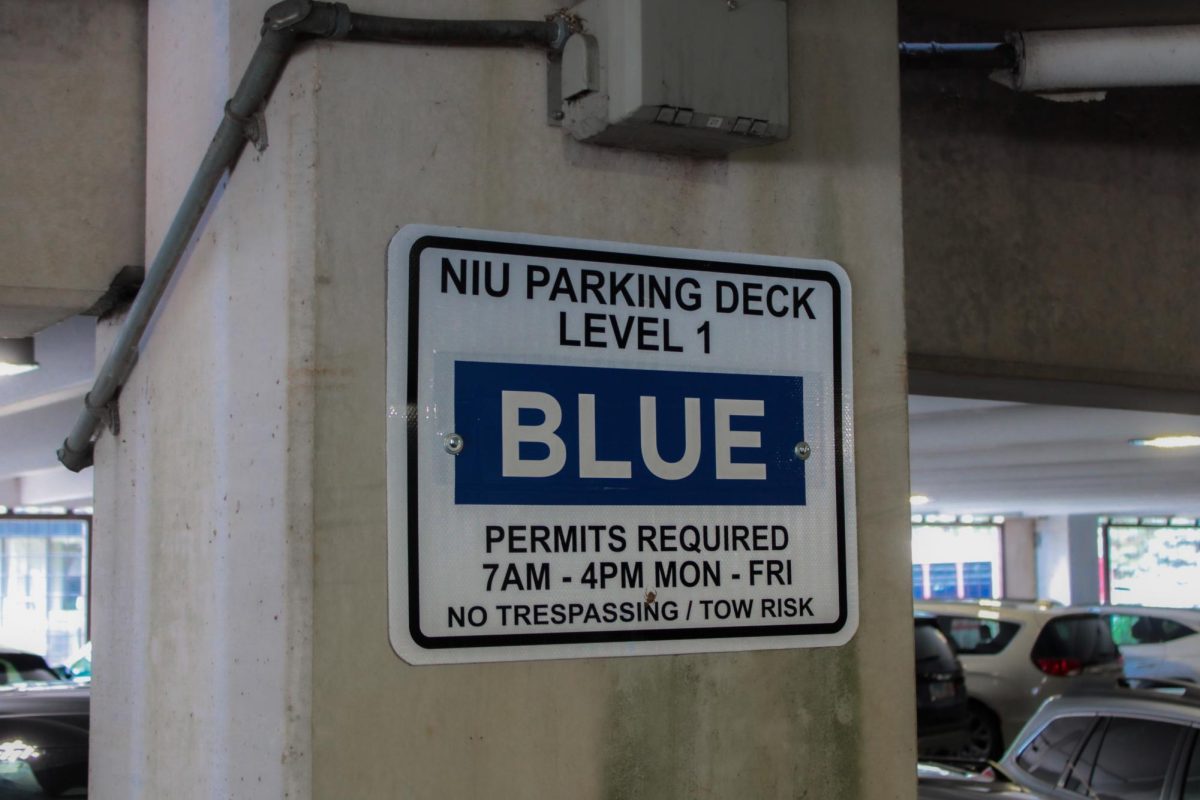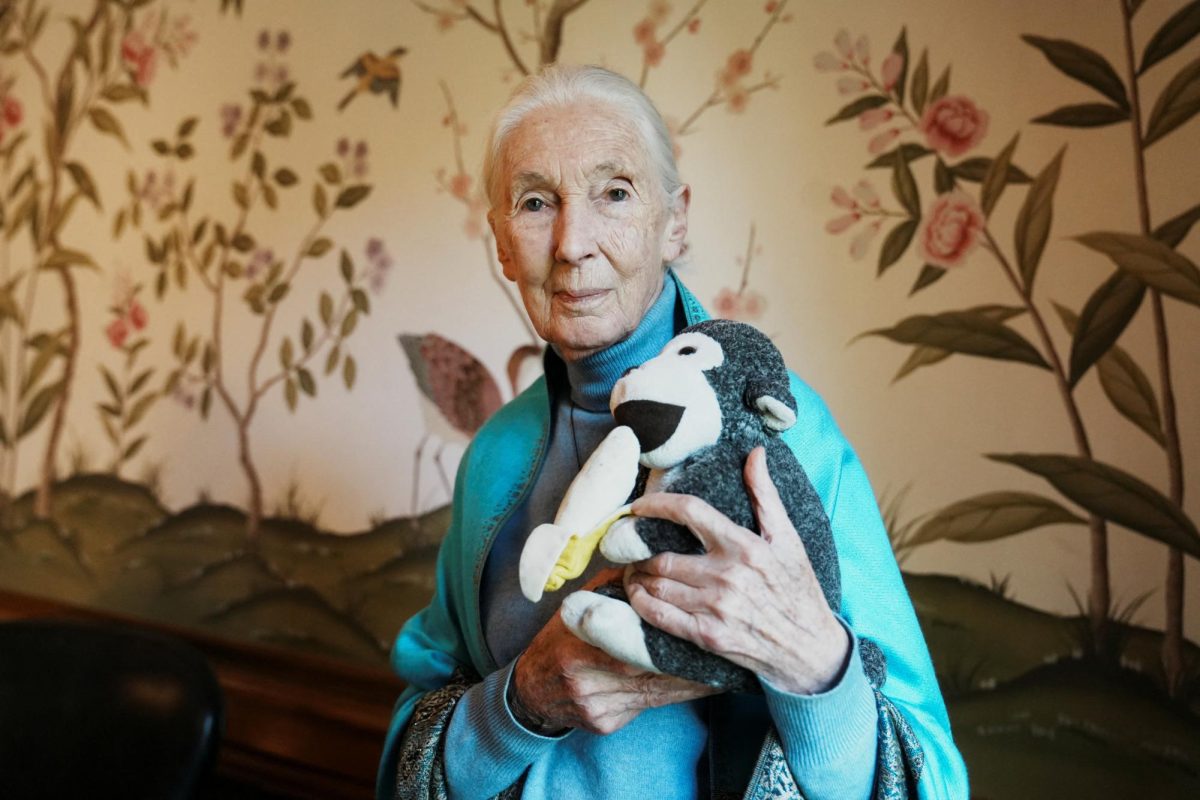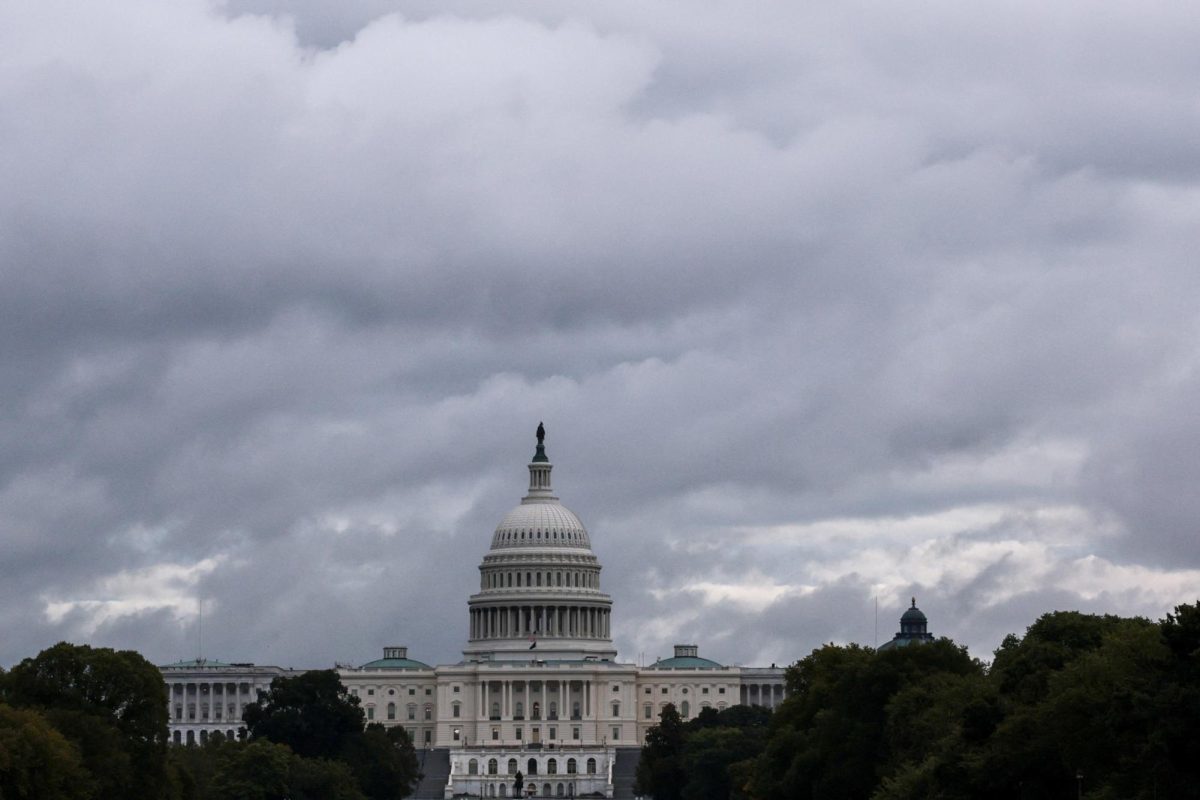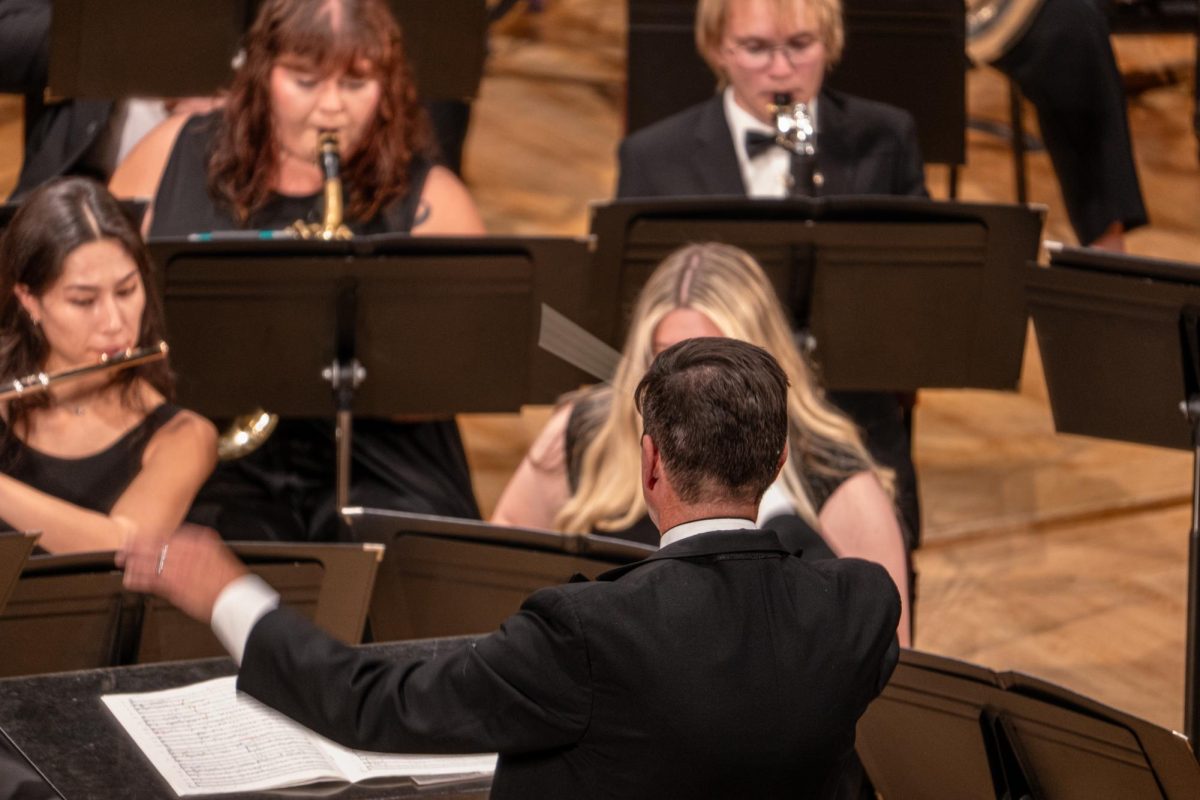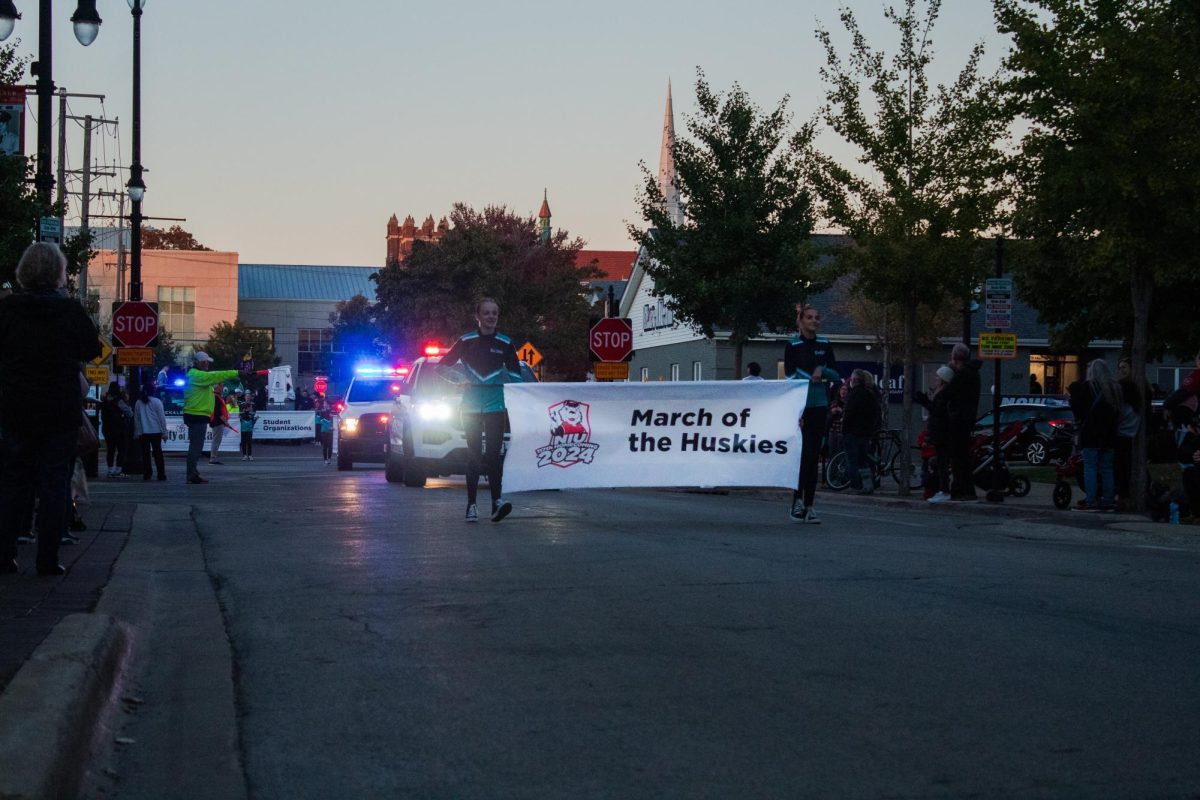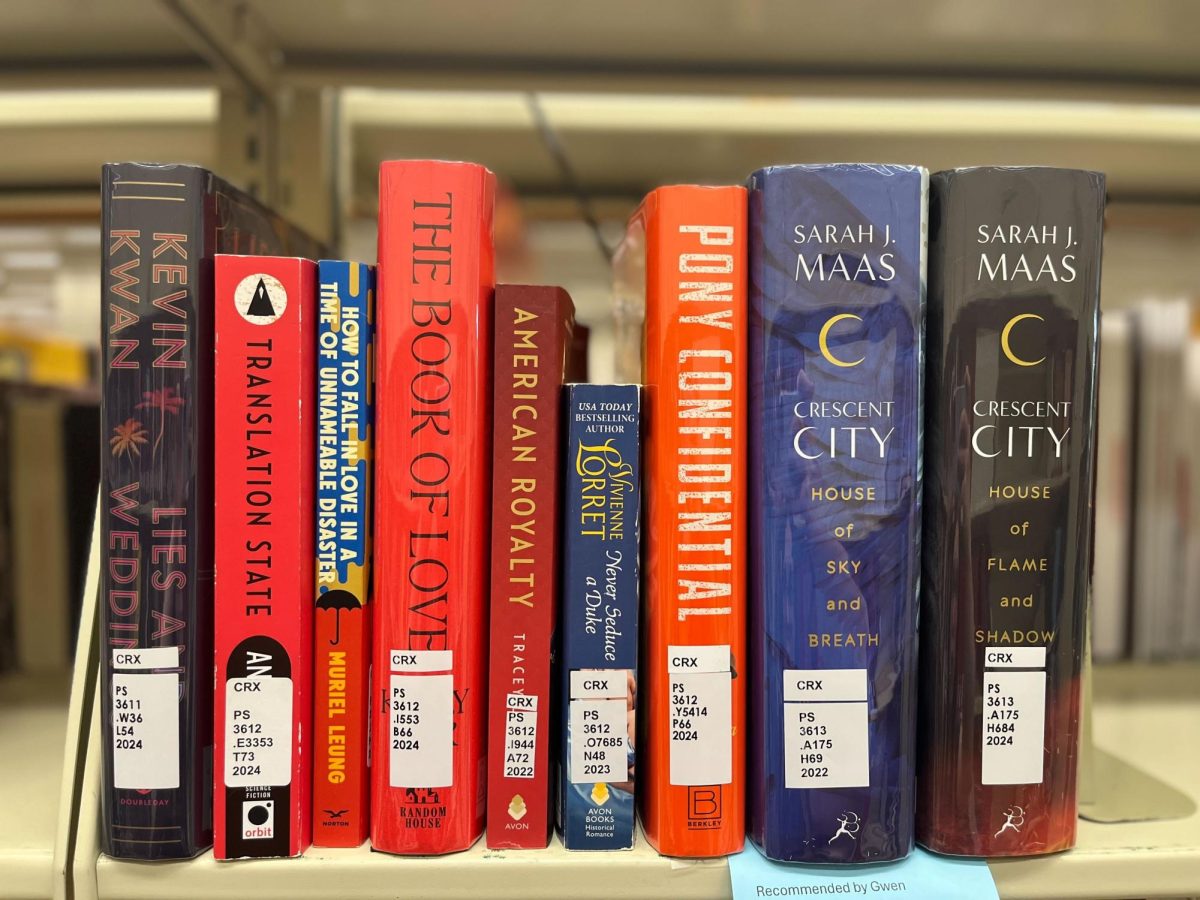“For never was a story of more woe, than this of Juliet and her Romeo,” Act 5, Scene 3.
The classic Shakespeare play was published in 1597, but whether there was never a story of more love requires debate. Let’s pick it apart, can we call “Romeo and Juliet” a love story?
ROMEO AND JULIET ISN’T A LOVE STORY:
Can any story really be called a love story if it focuses solely on the misery, grief and early death a mere five days of romance caused?
“These violent delights have violent ends, and in their triumph die,” warns Friar Lawrence in Act 2, Scene 6 of Shakespeare’s “Romeo and Juliet.”
Some literature analysts believe Shakespeare intended for the tragedy to be a satire, making fun of the idea of love at first sight and cautioning against irrational decisions made in the name of love.
The play also explores themes far more complex than young love. It’s arguable the most important lessons Shakespeare hid in his plot didn’t have to do with love at all.
The Montagues and Capulets constant state of war warns against the power of hate, death and violence, and the other major theme in the play — sex — doesn’t necessarily have anything to do with romance.
As 13 and 16-year-olds — automatically uncomfortable ages — it’s questionable whether Romeo and Juliet’s affections were truly love, or just a desperate exploration of new hormones.
Impulsively marrying within 24 hours of meeting each other and vaulting up a hidden ladder to consummate the marriage doesn’t help defend the teens from accusations of irrational lust.
Neither does Romeo’s careless use of the term “love” — as it apparently took him a hop, skip and one masquerade party to move from being in love with the often-forgotten Rosaline to being in love with Juliet.
ROMEO AND JULIET IS A LOVE STORY
On the other hand, is it simply easier to judge young people because their emotions are more wildly displayed than most adults?
Are there pressures to being a teenager in a 1300s Italian society that we can’t understand as 21st century college kids? Of course there are.
Juliet chose the poetic teenager who regularly compared her to morning’s sunlight and heavenly stars over the 30-year-old who believed she’d make a “happy” 13-year-old mother.
Maybe in a world where the average lifespan doesn’t surpass middle-age, finding someone you could truly believe loves you — and isn’t 20 years your senior — is a real way to win at life.
If Romeo and Juliet’s relationship was just lust, why did both teenagers risk — and lose — their lives? Surely one promiscuous night wouldn’t be enough to inspire their decisions, no matter how fantastic.
Romeo O Romeo, wherefore else would thou have taken the poison, if not for true love?
“That which we call a rose, by any other word would smell as sweet,” as Juliet expressed in Act 2, Scene 2.
So maybe even when we call them stupid, impulsive and hormonal, all those young, silly lovers are still in love.
If love stories had to be easy, griefless and full of smart, unemotional people, we wouldn’t have any love songs to sing or romantic dramas to watch this Valentine’s Day. Most people, by that analysis, wouldn’t have any love.
Even a tragedy couldn’t be designed to exclude love; it’s love that amplifies tragedy.
So on this day of romance, before the nightingale on yon pom’granate tree sings — let’s decide: is Romeo and Juliet a love story?
Results from last week’s poll: Which decade had the best fashion?
1960s – 9% 1970s – 9%
1980s – 53% 1990s – 15%
2000s – 3% 2010s – 6%
2020s – 6%


